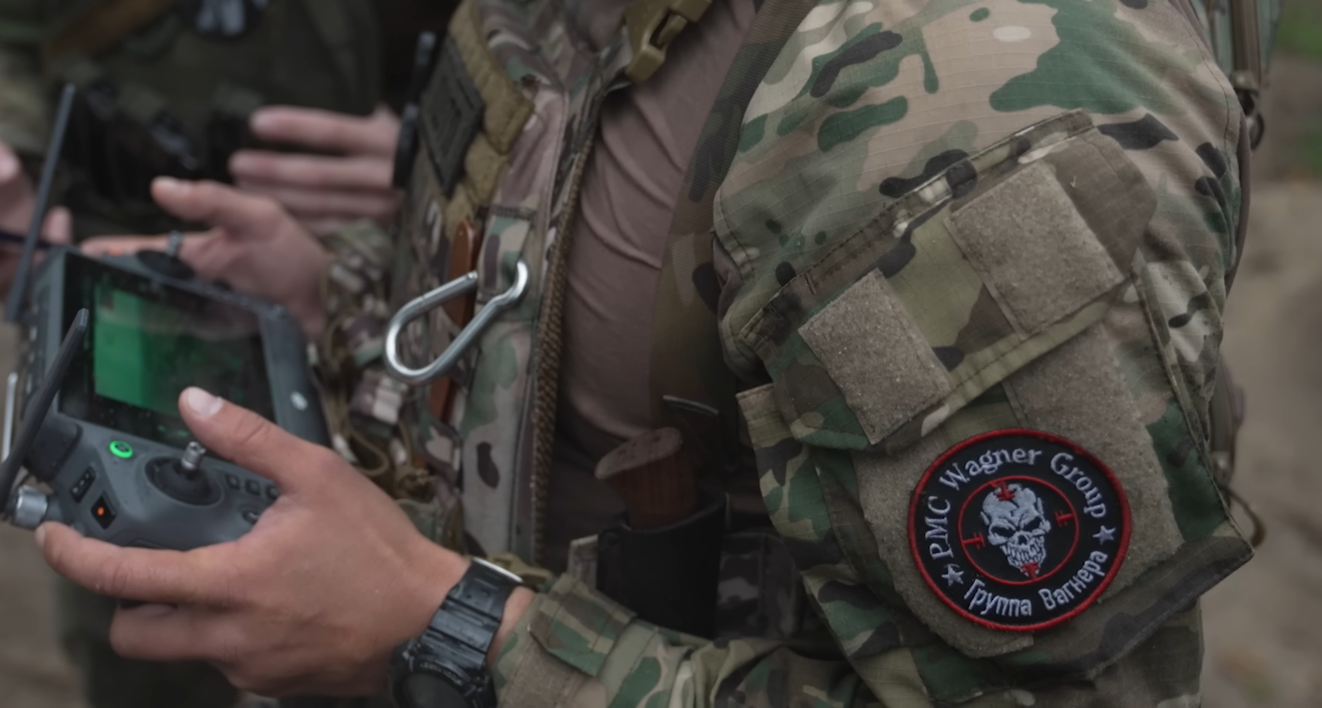 Image Credit: Информационное агентство БелТА
Image Credit: Информационное агентство БелТА
Russia’s Gamble: Control or Collapse in the Sahel
President Bassirou Diomaye Diakhar Faye of Senegal addressed the UN General Assembly this Wednesday regarding the destabilization that has befallen his country and its neighbors in the Sahel. The vast territory spanning through Burkina Faso, Cameroon, Chad, The Gambia, Guinea Mauritania, Mali, Niger, Nigeria, and Senegal, has experienced a “coup contagion” over the last decade. With the UN peacekeeping mission MINUSMA ending in 2023, the Russian Private Military Contractor (PMC) Wagner filled the security vacuum. Recent events in Mali, Burkina Faso, and on the Russian home front, however, point to a shift in the Russian paramilitary efforts, and a weakening of the Russian footing in the Sahel.
After the Wagner group leader Yevgeni Prigozhin’s demise in August 2023, Putin announced that the group was fully funded by the Russian government. This was a bad call for the Kremlin’s Africa strategy. Mercenary groups, broadly speaking, serve two main purposes in a war; they can function as a force multiplier to the original force capacity, and they can ensure political deniability for domestic and international audiences. Russia has pursued a policy of ambiguity when it comes to the Wagner group since its rise in 2016, guaranteeing that its actions are not directly linked to the Kremlin. Russia is now blatantly admitting its engagement in the Sahel, and by this, its downfalls in Africa are by default Russian defeats. Furthermore, Wagner’s forces have significantly decreased with many senior figures leaving the group. Their peak personnel numbers in 2023 were 50,000 soldiers, which has now likely been reduced to around 5,000 total in Belarus and Africa.
Following the inclusion of Wagner in the Russian Defense Ministry, the mercenary group rebranded under the umbrella term “Africa Corps.” Their main function now is to serve as “regime survival packages” in exchange for resource access, but has been made difficult due to the realities of Russia’s military situation. Three months after arriving in Burkina Faso, 100 Russian paramilitary soldiers were reallocated to defend the Kursk region in Russia. These soldiers were part of the new Russian initiative “the Bear Brigade” comprising 300 Russian security operators and members of the Russian military intelligence (GRU) in Burkina Faso tasked with the protection of the interim leader Ibrahim Traoré. Their exit leaves him and his military junta with a security deficit while facing multiple threats to his regime.
The ever-changing nature of the Militant Islamist groups in the region offers a headache for the Russian paramilitary troops, which is especially evident in Mali. On the 28th of July, fighting broke out in Tinzaouaten, a town near the Algerian border, where Tuareg-rebel groups performed an ambush on Wagner soldiers and the Malian military. The battle led to an alleged 80 dead and is the biggest defeat for the PMC in Mali so far. In comparison, the number of French soldiers killed in combat through their tenure in the country was 59. Among the dead was the creator of the popular Telegram channel “The Grey Zone” Nikita Fedyanin, who was responsible for a big portion of Wagner’s propaganda efforts in the region. Russia quickly replied with a reaffirmation of its commitment to Mali, but actions speak louder than words. The battle of Tinzaouaten has taken a big toll on the security, propaganda efforts, and arguably the overall collaboration between the Malian government and the Kremlin.
Meanwhile, the people in Mali and Burkina Faso are caught in a power vacuum. The rise of military juntas and Islamist groups in the region is rapid, with up to 200 people killed by the Al-Qaeda-linked group Jama’at Nusrat al-Islam wal-Muslimin (JNIM) near Ouagadougou in late August. The same group was responsible for an attack on a military training school and several other critical locations in the capital of Mali, Bamako, last week, leaving 77 people dead. Militant Islamist attacks within a 150km radius of Bamako are projected to nearly triple to 34 in 2024 in comparison to 2022. With the changing structure of Russia’s initiative and an unwelcome UN force, the future for the Burkinabè and Malians appears grim.
While Wagner’s presence in the region has brought some “stability” in a limited sense, there is a stark difference between ensuring stability for the citizens and maintaining control for the regime. If Russia redirects additional paramilitary forces from Africa to reinforce its invasion of Ukraine, it could expose further fractures in its actual influence, especially if the regimes they protect begin to crumble. While there is certainly some utility to combatting terrorist groups in the region, Wagner’s own contributions to wanton violence contributes to the support of governments that do not necessarily have the interests of the people of the region at heart. But as military force may rule in the situations at hand, the Russia’s demand for manpower against Ukraine challenges its ability to apply this force in Africa. In the face of the regional security uncertainties it sees, Russia will likely intensify other tactics like disinformation campaigns, election interference, support for coups, and resource-driven diplomacy to secure its position in the Sahel and exploit resources in the region for its own gain.
Click here for image license






